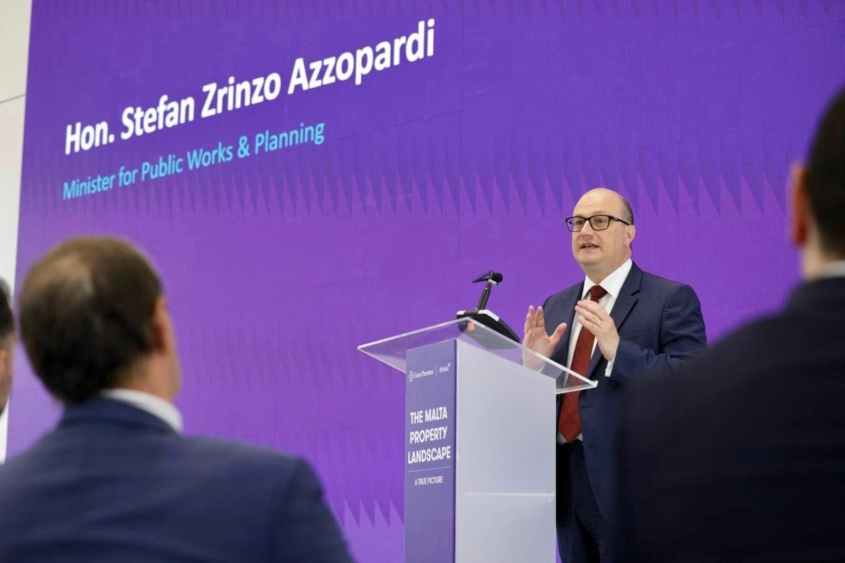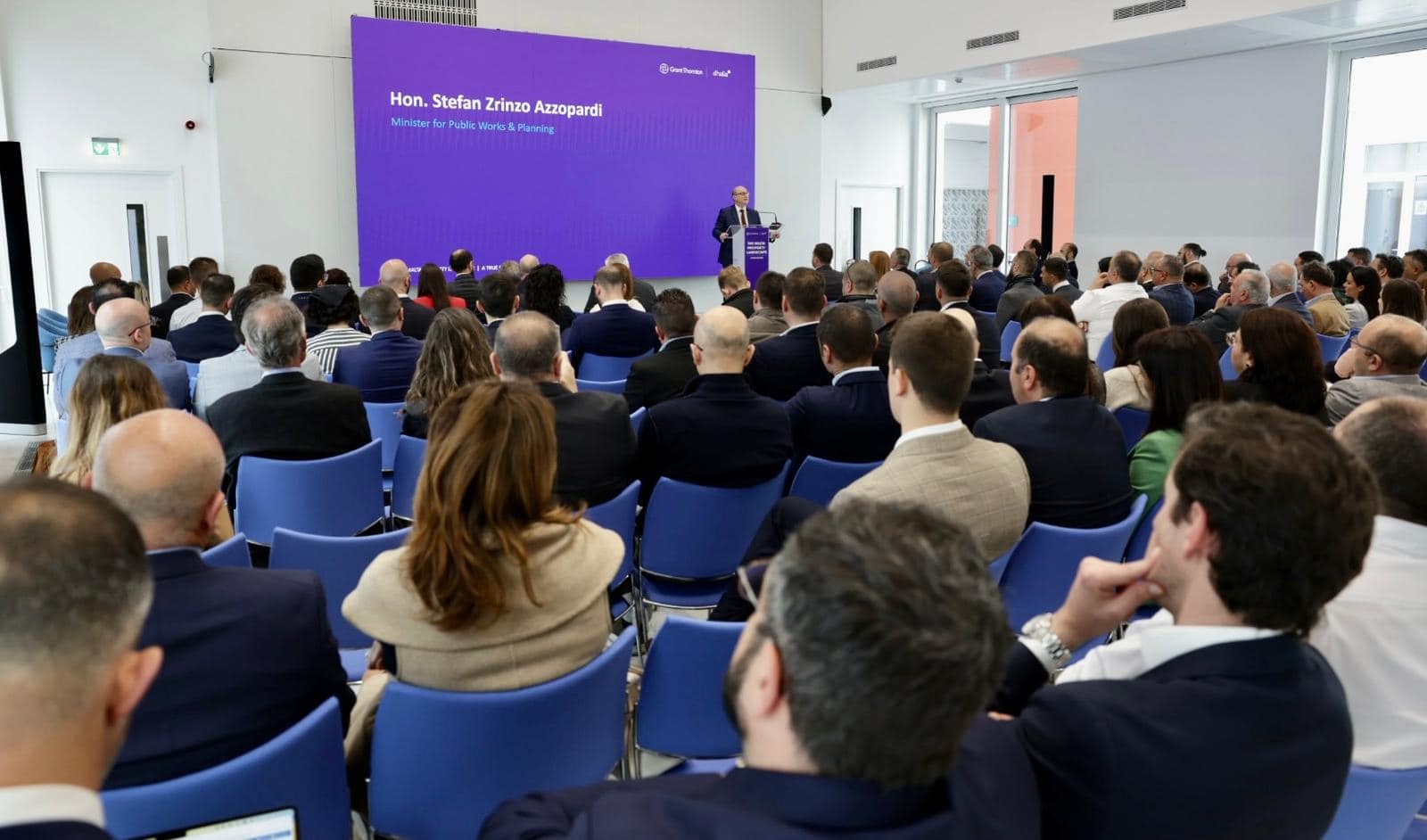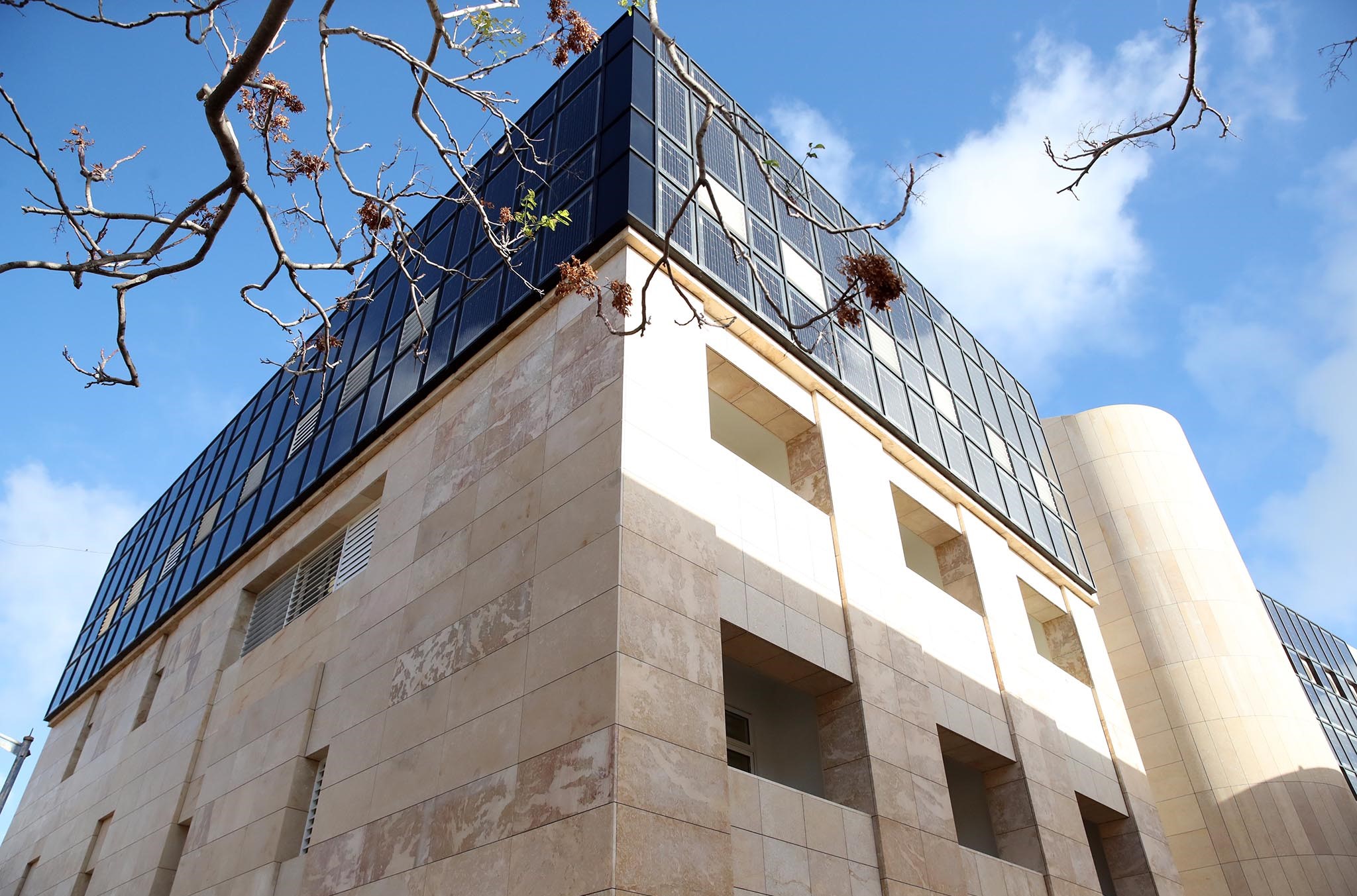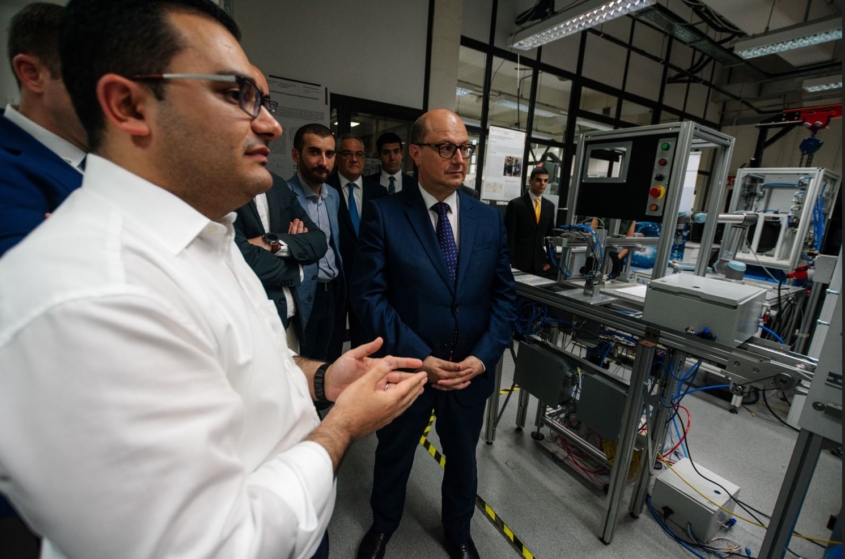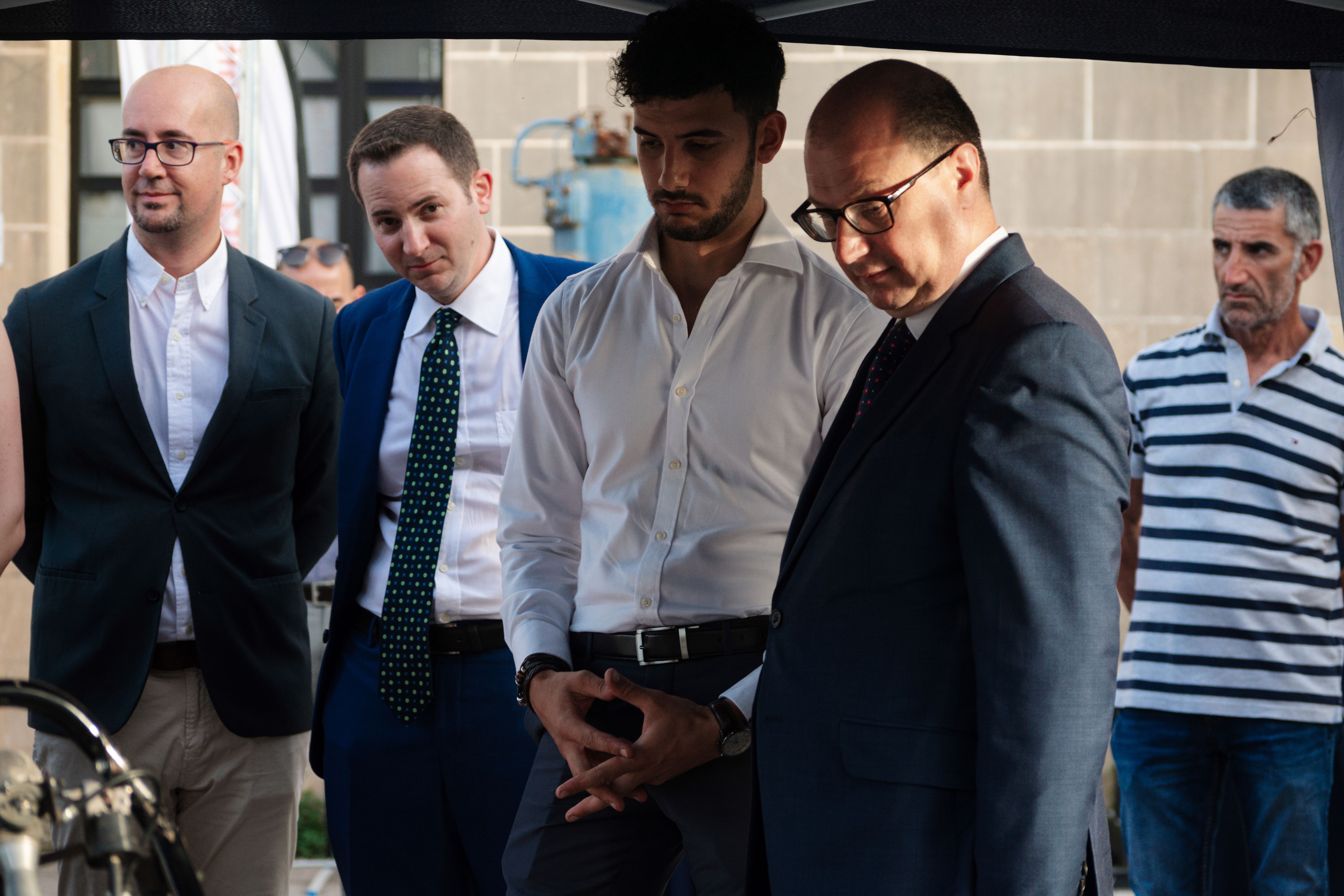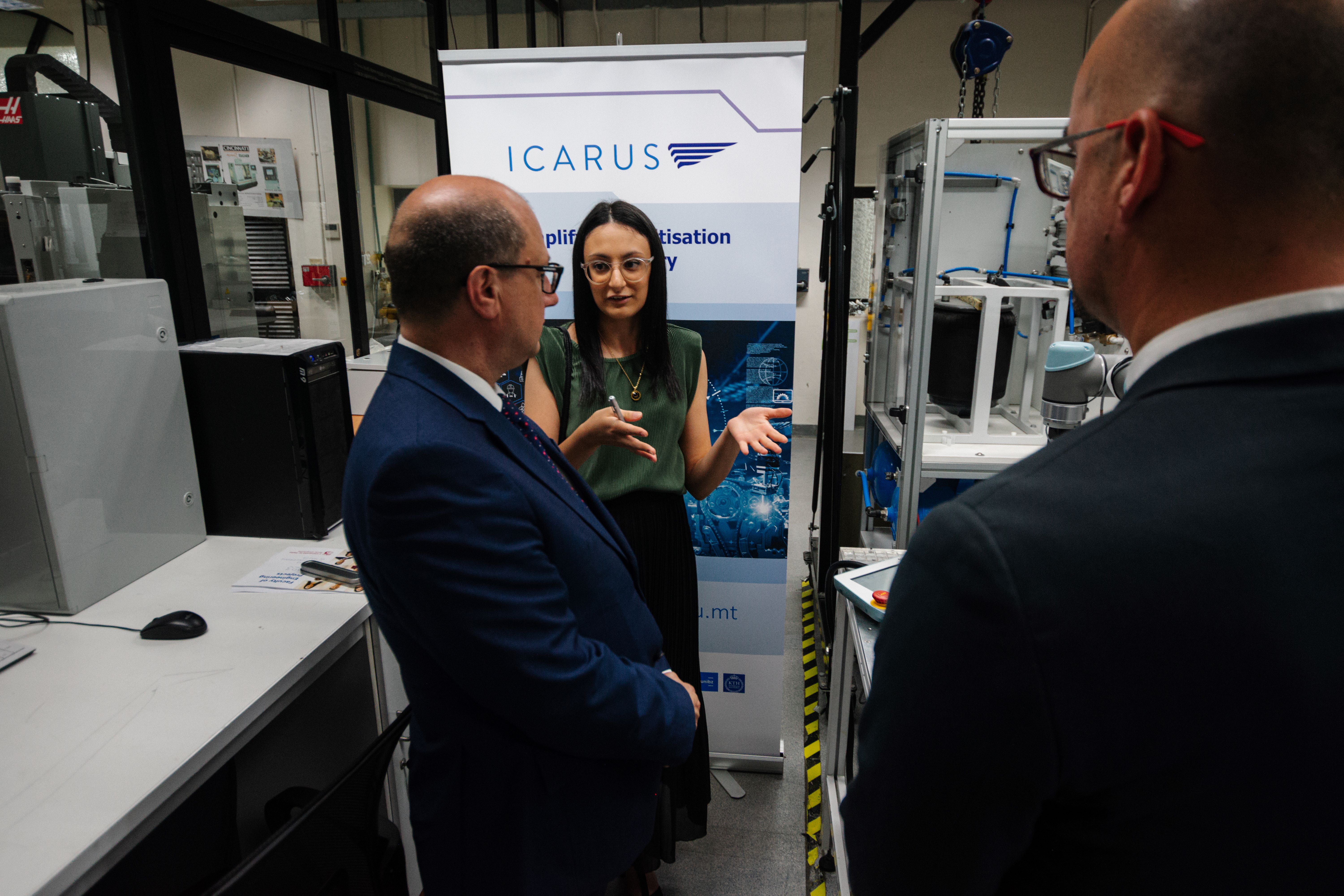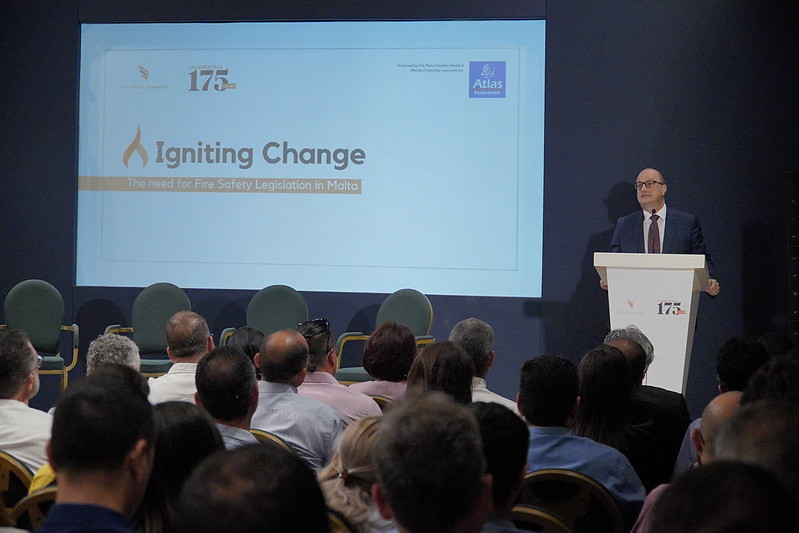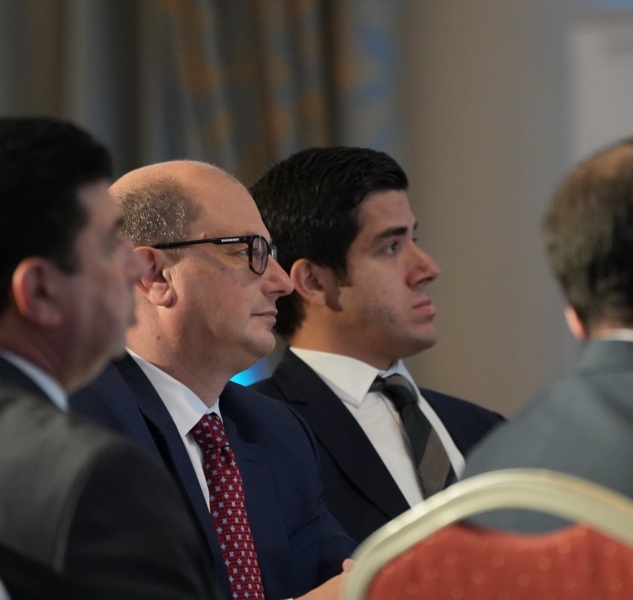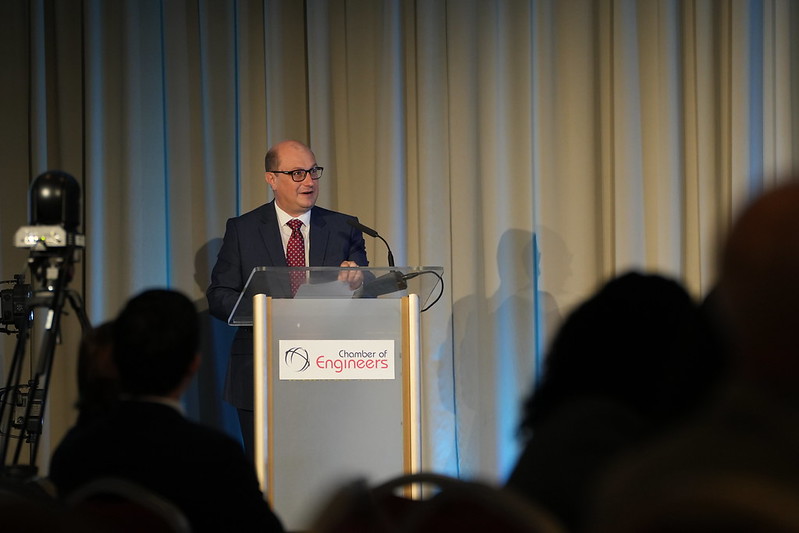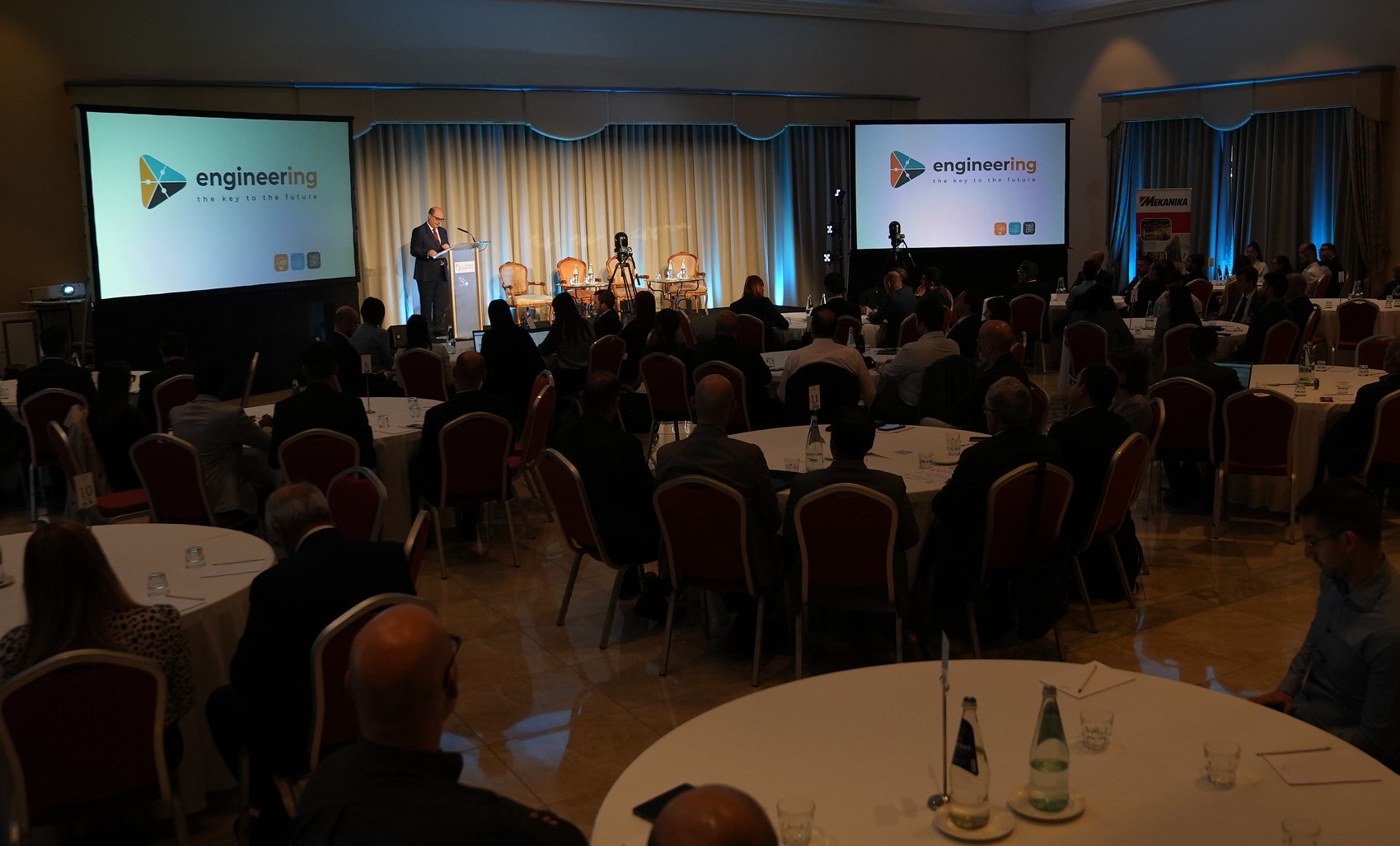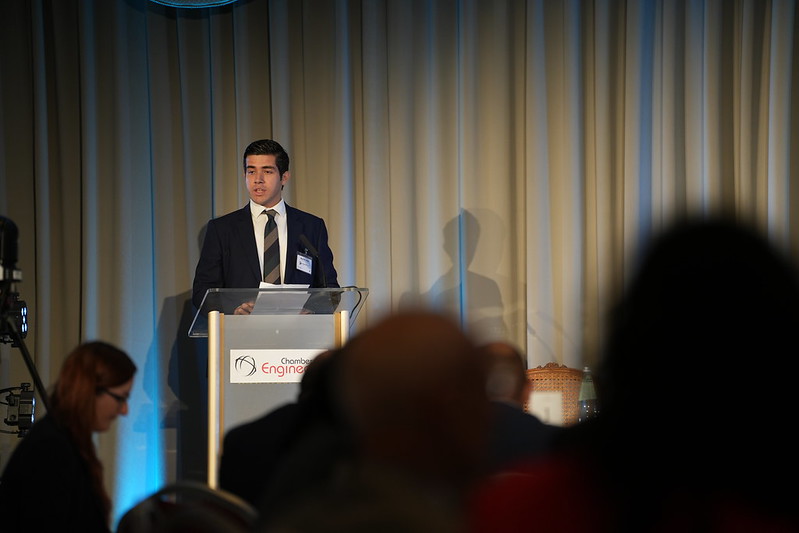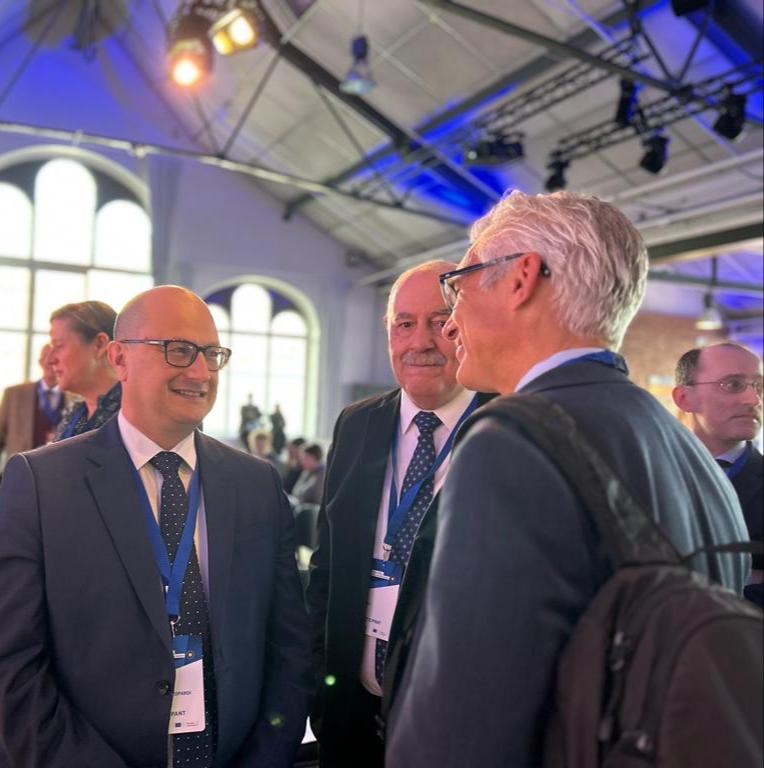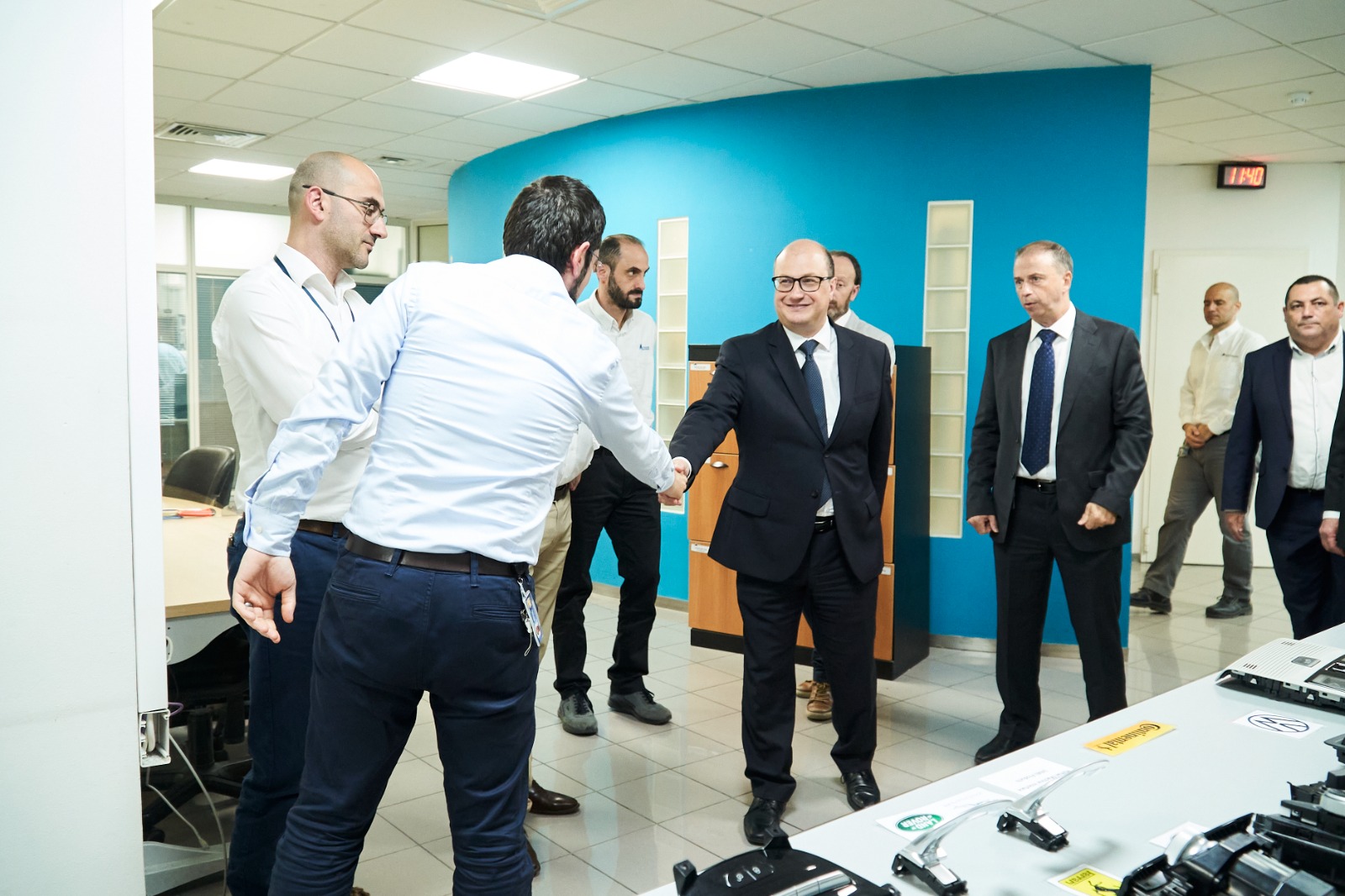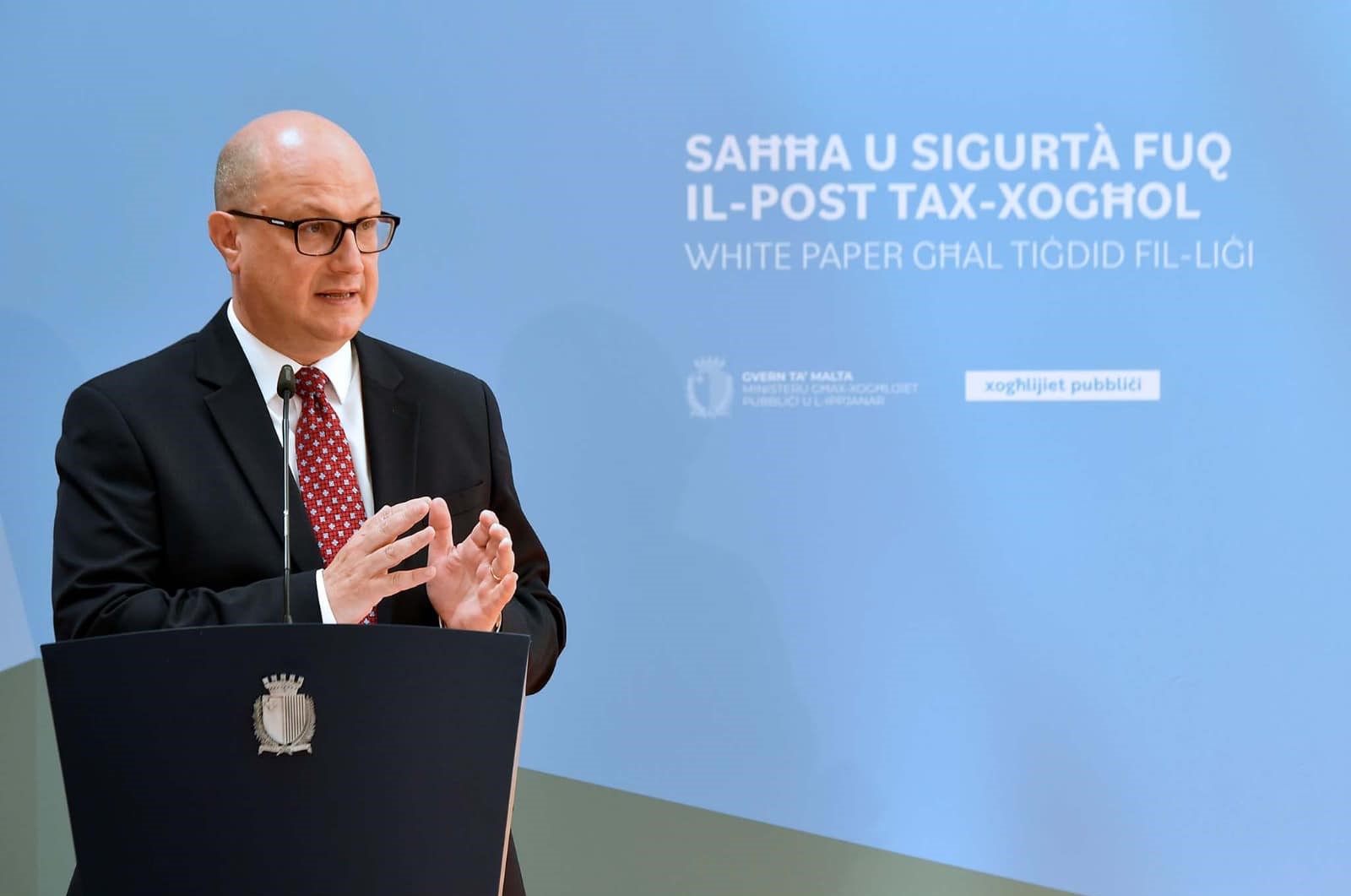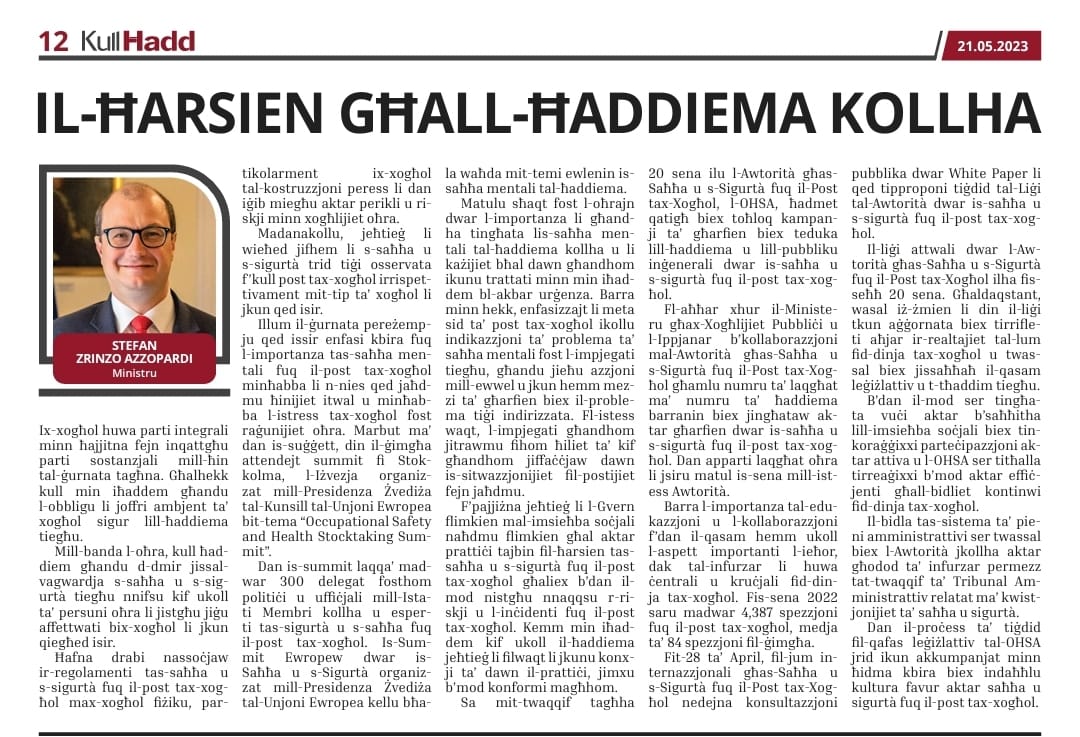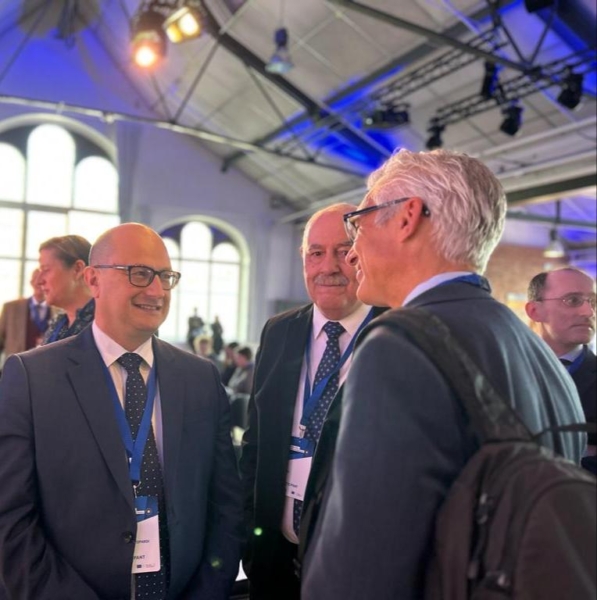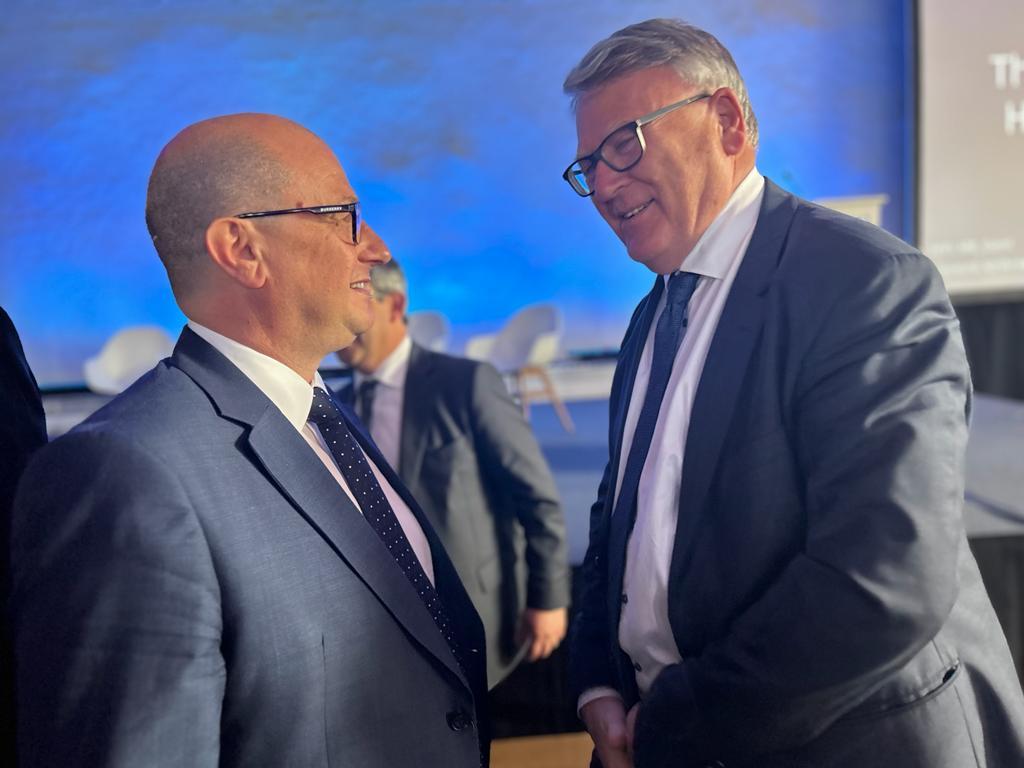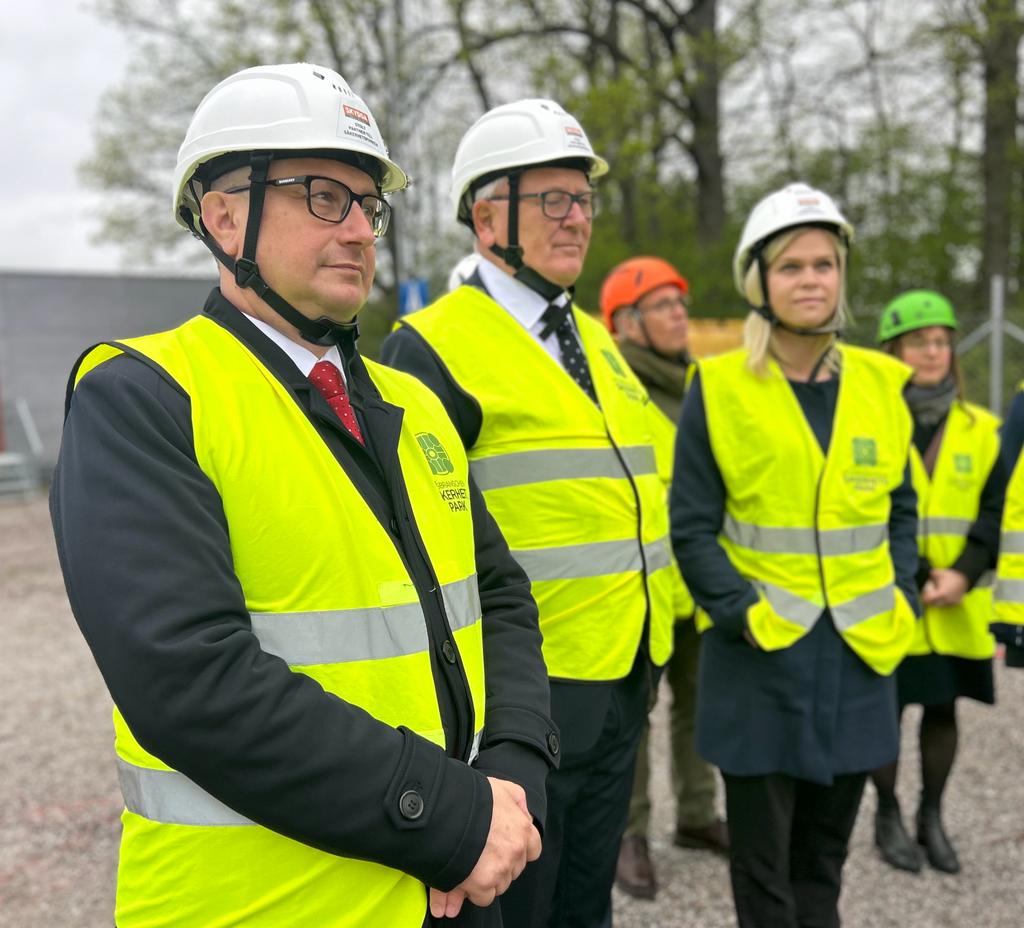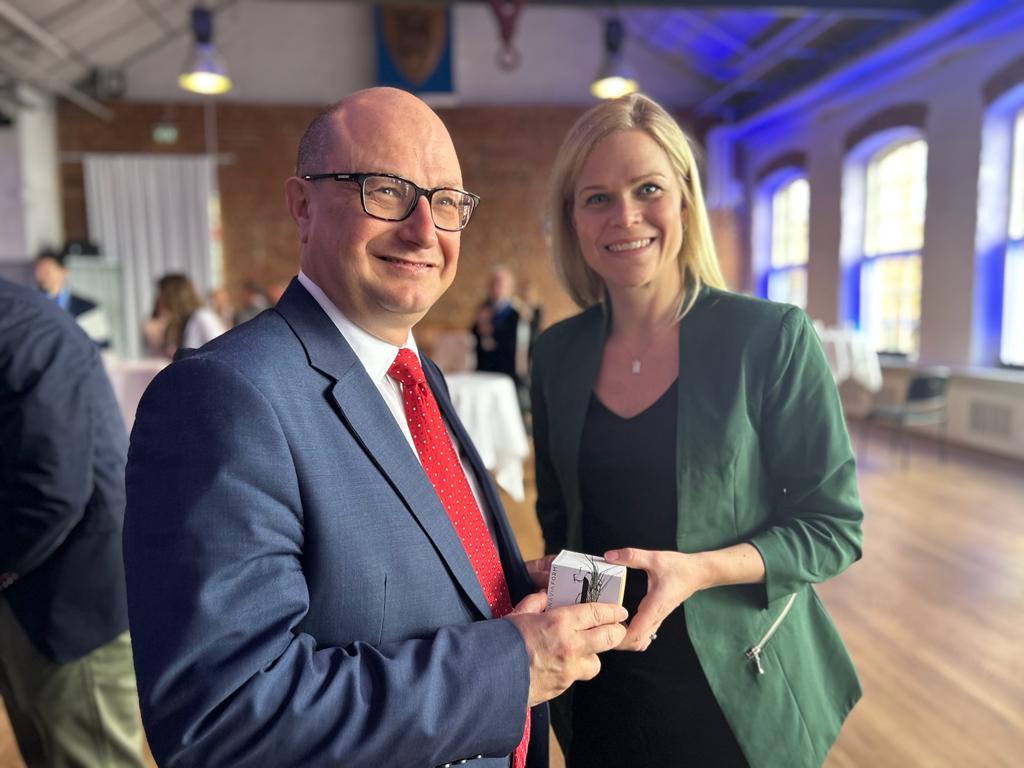There is widespread consensus that Budget 2024 has continued to strengthen social measures. Thousands of families and individuals are set to benefit from a wide array of incentives given.
Among the measures is a €250 per child in children’s allowance; an additional cost-of-living payment to 95,000 families and a €15 a week increase in pensions.
Making up for the rising inflation, a global phenomenon, the cost-of-living adjustment is set to amount to €12.81 a week – a 30 per cent increase over last year.

First-and second-time property buyers will keep paying lower rates of duty; a tax refund cheque of between €60 and €140 is to be issued to thousands of families and individuals; the minimum wage is to increase to €213.54 per week and unemployment benefits are to be adjusted to 60% of previous salary.
Senior citizens will see their pension rise for the ninth year in a row, a weekly increase of €15 or €780 annually – the biggest increase pensioners have ever received in one year.
Parents are to receive €500 bonus for each newborn child, and €1,000 for a second child, both up from €400 previously. An extra €487 a year shall be given to parents who quit work to take care of a child with a disability whilst disability benefits are to increase by €8.54 per week.
Energy benefits and other subsidies are to remain firmly in place, amounting to 350 million Euro – a far cry to what is happening in other European countries whose taxpayers are experiencing draconian increases in the electricity and fuel prices.
Not one single tax was introduced – a far cry from what used to happen pre-2013 under the watch of Nationalist Party Prime Minister Gonzi who is now defending his poor economic track record that inflicted hardship on hundreds of thousands of families and individuals.
There are challenges of course. Inflation, despite being on a downward trend, causes an additional burden on everyone. But budget 2024 targets, specifically, the vulnerable and those that are mostly in need. As someone who has militated within the Labour Party for my entire young and adult life, I can safely state that this is the most socialist budget ever.
As Minister for Public Works and Planning, I am also proud of the various initiatives that my Ministry shall be taking in 2024 as announced by my colleague, Finance Minister Clyde Caruana, during the budget speech.

Under my watch, further regulation is being introduced to strengthen the regulatory framework for the the building and construction. Building, excavation and demolition contractors now require a license to operate. A new Mason’s licence is in the offing. These are much-needed reforms which shall be fully implemented in the coming weeks and months. Next year we shall continue to implement further changes and introduce new requirements to improve the level of skills within the industry. Operators must ensure that all those who operate within the industry have the necessary skills and abilities to do so. It is imperative that we raise standards and ensure quality and responsibility and that’s exactly what will happen.
Work is ongoing on defining National Building Codes to provide a regulatory platform and technique for the industry to ensure better construction standards.
We also remain committed to make the building sector carbon neutral by 2050.
We shall also be creating further open public spaces to be enjoyed by our families, with further investment at the Ta’ Qali National Park amongst others.

Prime Minister Robert Abela was right in describing budget 2024 as social and just. It certainly is especially given that it is happening during, global, turbulent times.
The current turbulent times caused by conflicts in Europe and the Middle East, are causing untold damage to the world economy, and worse, leaving thousands of innocent people dead.
Notwithstanding, Malta’s economy continues to grow at a fast rate, faster than we anticipated a year ago and the deficit is safely under control.
Our track record speaks for itself. As a government, and as a country, we’ve overcome what at first appeared to be insurmountable challenges – Covid 19 was one of them.
We are determined to keep helping families and individuals to ensure a better standard of living for all.
Budget 2024 shall ensure that it gives people peace of mind and stability.
















